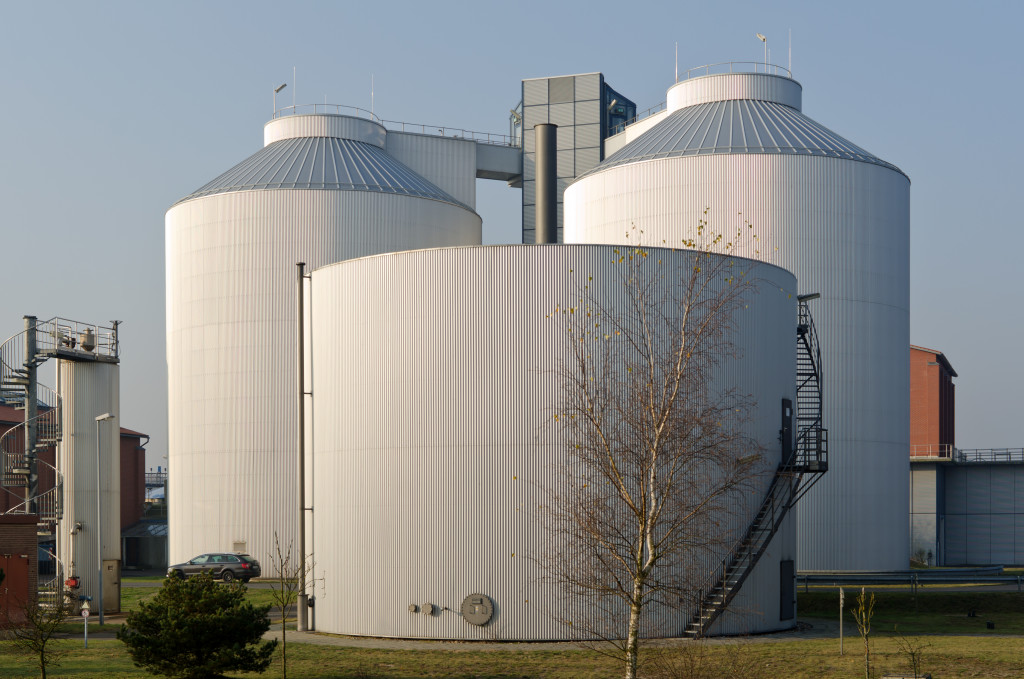It’s no secret that a good reputation is essential for any business, but it’s crucial for factories. Why? Because a factory’s reputation can make or break its ability to win contracts and attract new customers. Plus, a negative reputation can lead to costly lawsuits and government investigations. According to a recent study, the average cost of a single bad review is $8,000. For factories, the stakes are even higher.
That’s why ensuring your factory has a good reputation is essential. You can do some things to ensure your factory’s reputation stays intact.
1. Make quality a priority.
The most important thing you can do to keep your factory’s reputation strong is to produce quality products. Your reputation will suffer if your products are defective or don’t meet customer expectations. To avoid this, always make quality a top priority. Invest in quality control measures, such as inspections and testing, to ensure your products are up to par.
For example, if you’re a pressure vessel manufacturer, you must ensure your products meet the ASME’s stringent quality standards. ASME B31.3 pressure testing solutions can help ensure your products meet ASME standards. You can also use it to verify the quality of your products before they’re shipped to customers.
You can also create a quality policy to ensure all employees know the importance of quality. This policy should outline your expectations for quality and set consequences for not meeting those expectations. If all employees are on the same page about quality, your factory will be more likely to produce high-quality products.
2. Be responsive to customer complaints.
Not every customer is going to be satisfied with your products. That’s just a fact of business. But how you handle customer complaints can make a big difference in your factory’s reputation. When a customer contacts you with a complaint, be responsive and try to resolve the issue to the best of your ability.
Of course, you can’t please everyone. But if you’re responsive to customer complaints and try to resolve them promptly, it will reflect well on your factory’s reputation. You want to be known as a company that cares about its customers and stands behind its products. If you’re not responsive to customer complaints, you’ll give the impression that you don’t care about your customers or your factory’s reputation.
For example, let’s say you run a factory that produces widgets. One of your customers contacted you because the gadgets they received were defective. You apologize and offer to send them a replacement batch of devices. This shows that you’re responsive to customer complaints and care about providing quality products.

3. Comply with regulations.
Every factory must comply with various regulations, such as environmental, safety, and labor laws. These regulations exist to protect workers, the environment, and the public. If your factory violates any rules, it could damage your reputation.
This is why ensuring your factory complies with all applicable regulations is essential. It would help if you had a team of experts who are responsible for compliance. They should regularly audit your factory to ensure it complies with all regulations. They should also keep up to date on any changes to the laws. This way, you can ensure your factory complies with the latest rules.
For example, if you run a factory that produces car parts, you must comply with environmental regulations, such as the Clean Air Act. This act sets limits on the amount of pollution that factories can emit. If your factory exceeds these limits, it could be fined, and its reputation could suffer.
4. Be transparent.
In today’s world, customers expect companies to be transparent. They want to know where your products come from, how they’re made, and what goes into them. If your factory is not transparent, it could damage your reputation. Share information about your factory, such as your manufacturing process, quality control measures, and compliance with regulations.
You can also share positive information about your factory, such as awards you’ve won or charitable donations you’ve made. This will show customers that you’re a responsible and reputable company. Let your customers know what makes your factory great.
But being transparent also means being honest. If there’s ever a problem with your products, don’t try to cover it up. You want to be known as a company that is honest and open, even when things go wrong. For example, if your factory recalls a batch of products because they’re defective, be upfront about it. Tell your customers what happened and what you’re doing to fix the problem.
When it comes to your factory’s reputation, you can do a few things to ensure it remains positive. The tips mentioned above will help you keep your factory in good standing. Always remember that your customers are the key to your success. If you take care of them, they will take care of you. With a good reputation, you’ll be able to attract more customers and grow your business.

